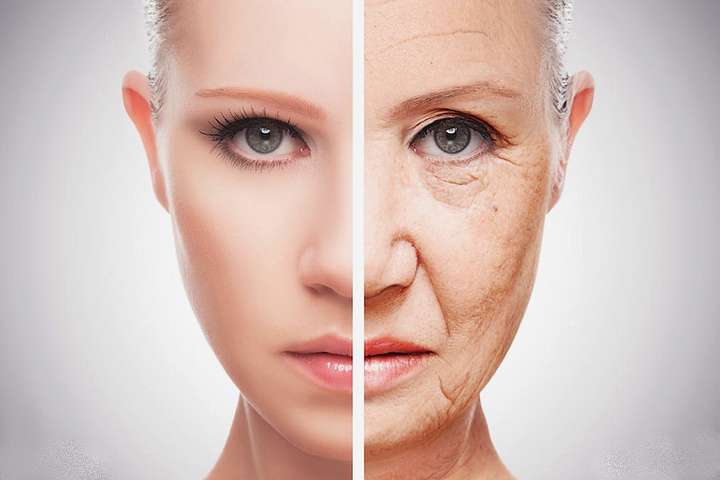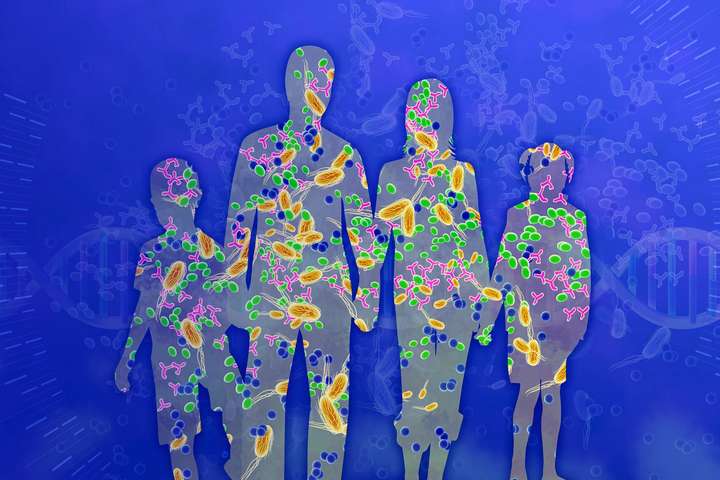 We tend to think of skin problems in terms of the visual result but damage could also cause significant issues within our body.
We tend to think of skin problems in terms of the visual result but damage could also cause significant issues within our body.
Research findings suggest that skin damage can go beyond reflecting signs of ageing and contribute directly to worsening health. Driving inflammation, adding to bone and muscle loss, cardiac issues, or cognitive decline.
The reverse may be true, that caring for our skin will reduce body wide deterioration. We know that severe skin damage, from burns, or disease eliminates impermeability and impacts overall health, more subtle factors may do the same.
Inflammatory Skin Disease
Whilst other conditions can act similarly, research has taken place on the wider effects of psoriasis and atopic dermatitis. Both can be long term and the amount of worthwhile treatment received makes a major difference to how active they become.
A 2018 analysis of 19 separate studies came to the conclusion that active onset of both conditions increased the risk of heart failure, stroke and angina. Other studies have backed this up and noted muscle loss.
The core issue looks to be the immune system releasing cytokines to repair barrier damage, which outstay their welcome. Similar ongoing inflammation has been seen in older age and is believed to contribute to dementia, arthritis, or diabetes.
The same chemical action has been found experimentally in mice. Subtly damaging their outer skin barrier increases cytokine levels, repairing the damage sees cytokine presence in skin and blood fall back.
Other agents such as hyaluronan, or cystatin-A released for skin repair have been found to contribute to inflammatory bowel disease, or bone loss.
Barrier Defects
We know that exposure to certain chemicals and particles can heighten skin conditions. A well known example is the increased onset in dermatitis and other conditions for people exposed to the California wildfires.
Skin which thins with age, or disease, or through lack of appropriate treatment can allow particles through in more normal environments. Increasing skin disease and possibly contributing to other serious illnesses.

The barrier layer of our skin is home to our skin’s microbiome, an assortment of over 1000 microorganisms, including bacteria, fungi and viruses.
Those which are helpful to us tend to have a lower presence on unhealthy skin, whilst harmful types are less likely to be fought off if your skin is in poor health. A case of inflammation leading to further inflammation.
That a healthy skin microbiome helps to build immune efficiency in early life is accepted. The way an unhealthy microbiome acts with other bodily systems later in life is less well known but clearly has an adverse effect, leading to deeper conditions.
How Treatment Helps
Correlation is not causation, when other factors could be influencing individual wellbeing and higher levels of heart disease, stroke, dementia, muscle, or bone loss, or a range of inflammatory conditions
There is however sufficient evidence of causal links with skin disease to accept that improving our skin will improve our overall health.
Blind trials have shown that even basic skin treatment reduces levels of cytokines in the blood. A longer term study in older people found that similar care reduced moisture loss, inflammation and cognitive decline.
Specific treatment for skin conditions can help more, such as psoriasis, atopic dermatitis, or a range of issues. Whilst the skin is the area being treated, treatment is likely to have an effect on body wide conditions and longevity.
We appreciate that treatment fatigue can creep in on long term conditions, or time be a barrier for others. Trying to set those aside and see a medical dermatologist may still be the most valuable action you can take.
